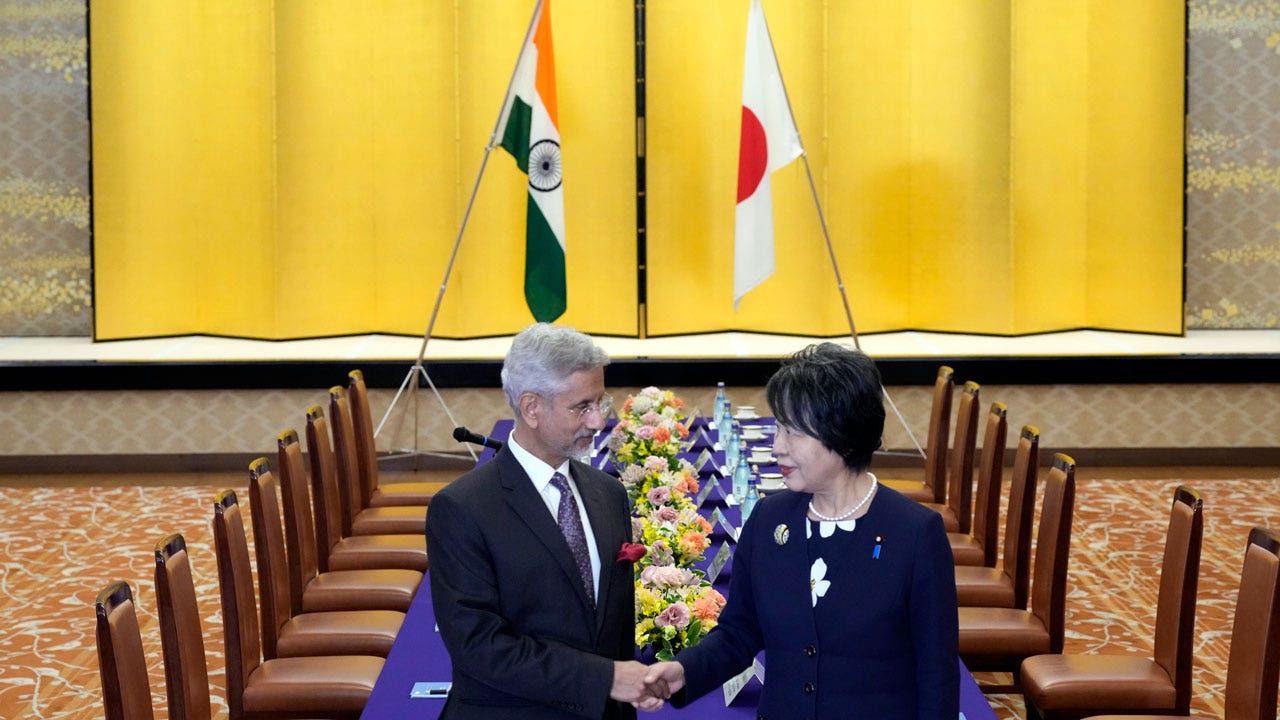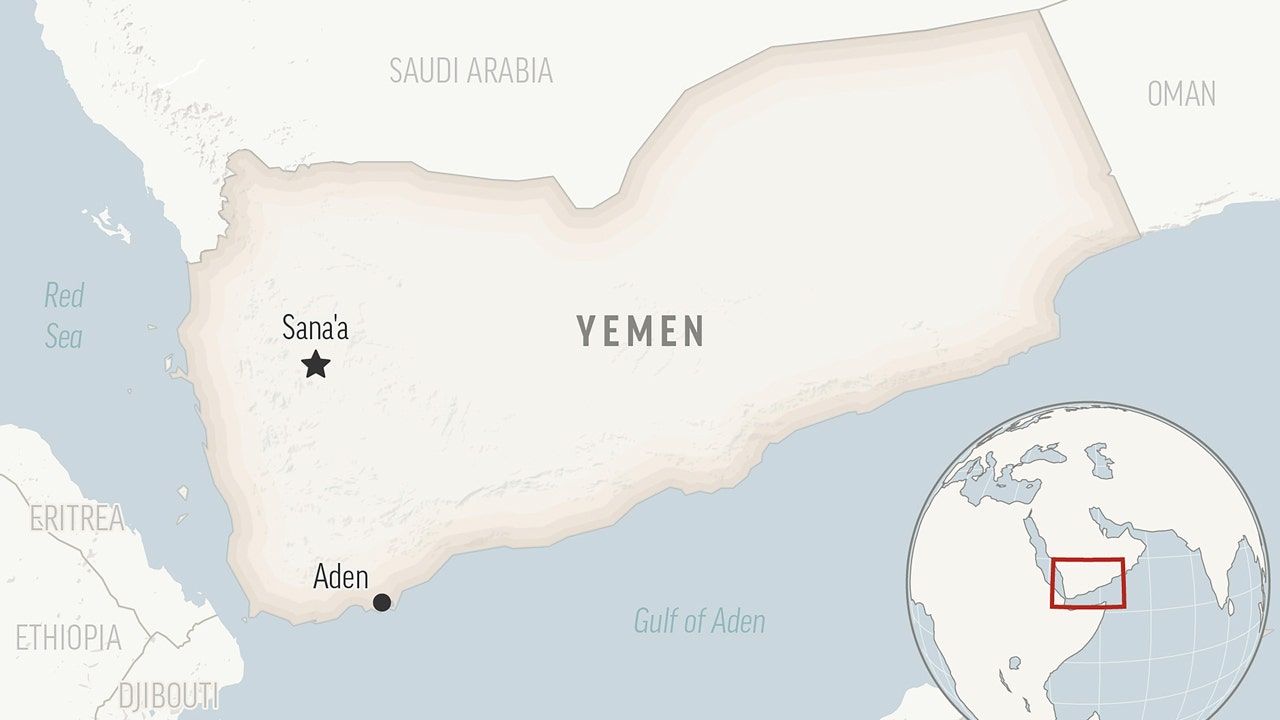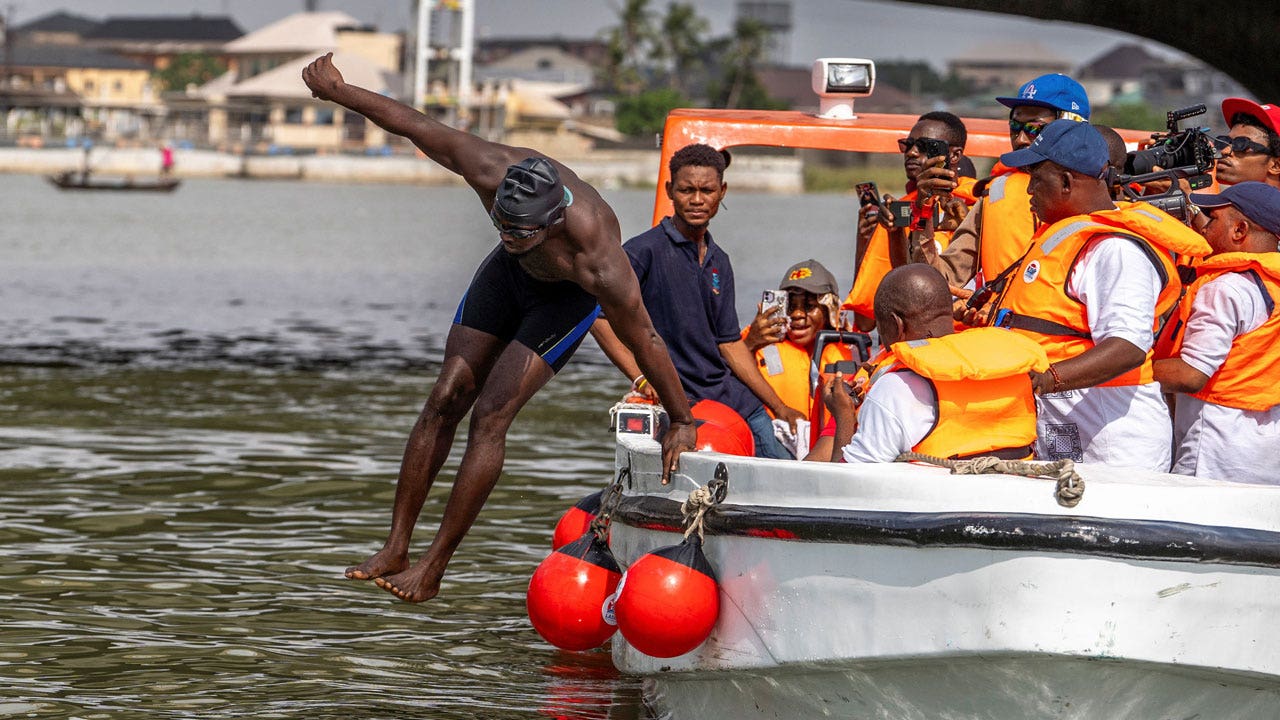At least 200 people were killed and dozens more were injured across East Africa in recent days, officials and aid groups said, as torrential rains, floods and landslides pummeled towns and cities in a region already grappling with the devastating effects of the climate change crisis and dilapidated infrastructure in poor areas.
The extreme rains unleashed a wave of destruction across Tanzania, Kenya and Burundi, flooding homes, demolishing businesses and leaving many people stranded on rooftops.
The downpours exposed yet again the bad roads and poor drainage systems in some of the region’s biggest cities, which residents have persistently complained about. They also revealed how poor people, who live in sprawling shantytowns without access to proper roads, water or power, bear the biggest brunt of destructive floods.
On Thursday, activists and opposition figures across the region called on governments to do more than respond to the extensive destruction wrought by floods, by improving infrastructure to lessen or prevent such flooding in the first place.
Raila Odinga, a longtime opposition figure in Kenya, said authorities should learn from the ongoing devastation and take long-term measures to save lives.
“Preparedness is key to forestalling a crisis of larger proportions,” Mr. Odinga said in a news conference. “We can do better than crying for help when rains come and crying for help again for help when rains fall.”
In Tanzania, at least 155 people were killed and 236 others were injured by the relentless rain that has swept several parts of the country in recent days, Prime Minister Kassim Majaliwa said on Thursday.
Speaking during a session in Parliament, Mr. Majaliwa said the rains had affected some 200,000 people and heavily damaged farms, bridges, roads, schools and places of worship. About 10,000 homes in Tanzania were also damaged to varying degrees, he said.
The heavy downpours this week affected informal settlements in the Temeke and Ilala districts, which are part of the commercial port city of Dar es Salaam. Some roads were also submerged and temporarily closed on Tuesday in Dar’s Jangwani, Mkwajuni and Kigogo neighborhoods, all of which are prone to floods. Parts of Morogoro Road, which leads into the central part of the city, were also underwater, leading to the suspension of the rapid-bus network.
The Tanzania Meteorological Authority has warned that heavy rains and strong winds would continue to pummel several parts of the country in the coming days.
In Kenya, at least 45 people have died and at least 27 others have been injured since March, when the rainfall season, known in the country as the “long rains,” began, said Munir Ahmed, the senior communications officer with Kenya Red Cross.
The flooding has so far killed 4,000 livestock, destroyed 27,000 acres of crops and damaged 22 roads, Mr. Ahmed said in a phone interview on Thursday. More than 66,000 people have been displaced nationwide, he said.
The intense rainfall has affected 26 of Kenya’s 47 counties, Mr. Munir added.
In Kenya’s capital, Nairobi, where some of the country’s heaviest rain has fallen, more than 30,000 people have been displaced, according to the U.N. Office for the Coordination of Humanitarian Affairs. On Tuesday, 18 people, including seven children, who were stranded in the Mathare shantytown were rescued, the Kenya Red Cross said.
Even some middle-income and wealthy suburbs in Nairobi were damaged by the deluge, with some ground-floor apartments and homes engulfed by the floods.
The heavy rains on Wednesday forced Kenya Railways to suspend commuter train services. The Kenya Urban Roads Authority partly closed four major roads in Nairobi and warned of heavy flooding along several major highways in the capital and in the coastal city of Mombasa.
Water inundated several counties around Lake Victoria in western Kenya, aid groups said. Flooding also swept entire roadways in Machakos County, about 35 miles southeast of Nairobi.
On Thursday, President William Ruto of Kenya led an emergency meeting aimed at responding to the floods. Mr. Ruto said government agencies were undertaking joint operations to assist the victims, conduct rescues and evacuate those who remained at risk. Mr. Ruto also said he asked the military to support the operations.
As in Tanzania, the rains in Kenya were not expected to subside over the next few days, according to the Kenya Meteorological Department, which had rain in the forecast for parts of the country, including Nairobi, through Monday. The agency also warned of a high likelihood of breakouts of diseases such as malaria in some areas.
“We need to put everyone on alert,” Mr. Ruto said.






